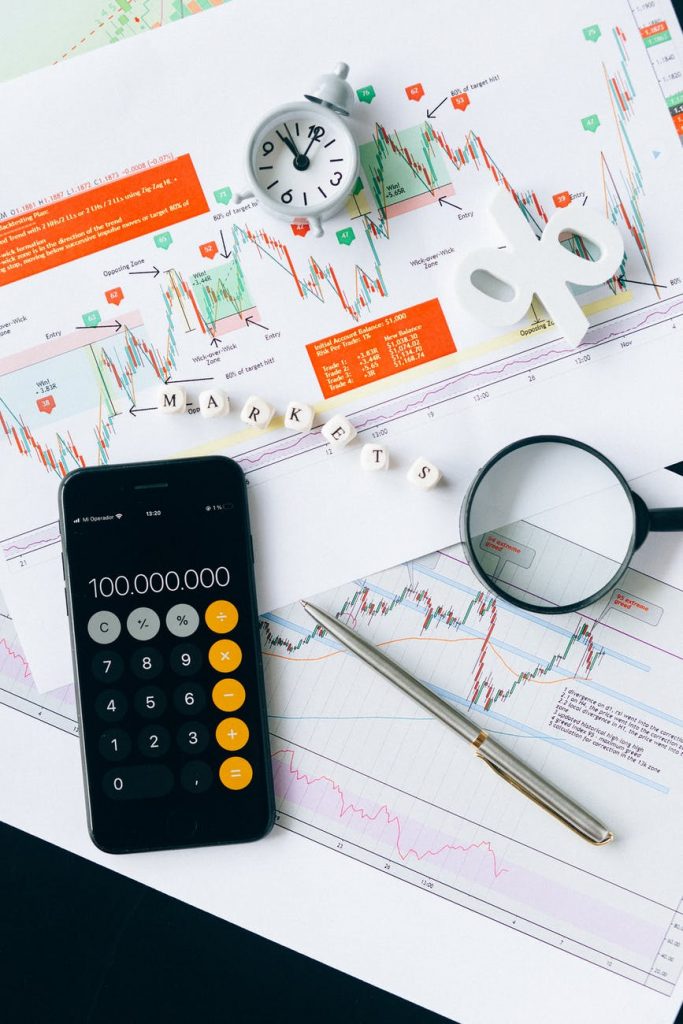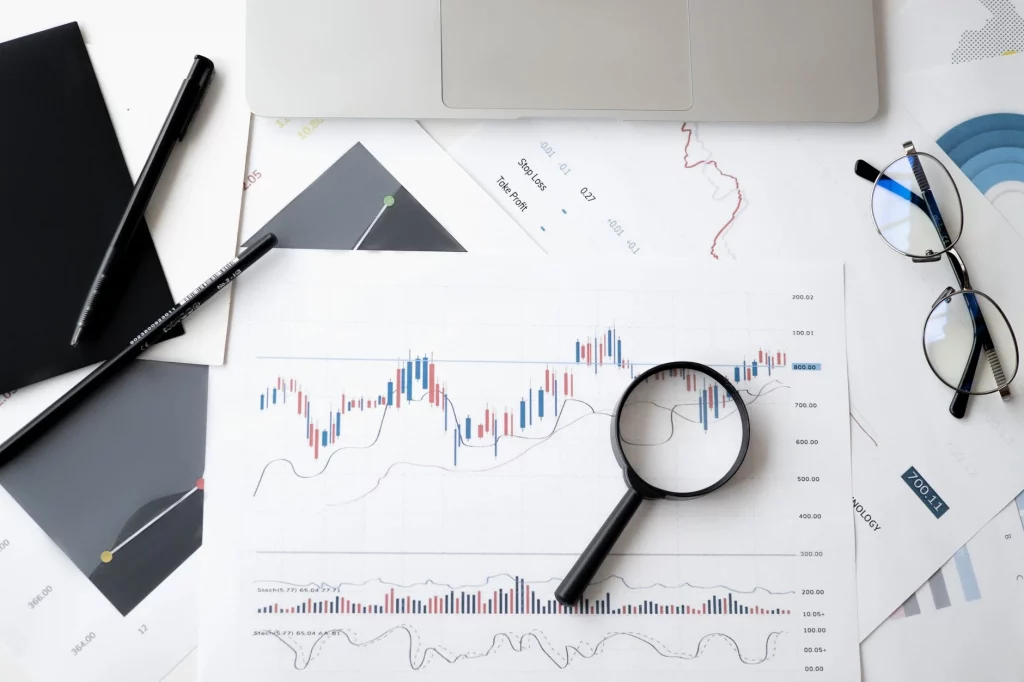Inflation is forcing investors to become increasingly concerned about their investments. Stocks fell at the start of the year as the investors are worried about the sharpest rate of inflation in 40 years and the steps the Federal Reserve is expected to take to combat it. It’s a good idea to look over your portfolio and see whether adding some inflation protection is a good idea.
In January 2022, the federal government announced that the Consumer Price Index (CPI) had increased by 7% in the previous year, the largest 12-month growth since June 1982. The Consumer Price Index (CPI) usually tracks the rate at which prices for various goods rise.
What is Inflation?
Inflation is a quantitative economic measure of the rate at which the prices of specific goods and services change over time. Inflation refers to the change in the average price of a specific basket of goods and services. It is expressed as a percentage. Inflation percentages indicate that the economy’s purchasing power is eroding.
Eventually, it represents the rate of rising prices of goods and services in the economy in percentages. This percentage indicates if there has been an increase or decrease from the previous period. Inflation can be a source of concern since the value of money depreciates as inflation increases.

What Causes inflation?
Inflation is defined as an increase in the cost of goods and services, which reduces the purchasing power of the dollar. Consumers can buy fewer things when inflation rises. During this period, cost prices increase, and revenues and profits fall. High interest rates and raising companies’ prices don’t add up to a good investment profile. On the other hand, stocks remain a strong inflation hedge because the company’s revenue should increase at the same rate as inflation.
Inflation Types
Demand-pull Inflation: Demand-pull Inflation happens when the demand for goods or services outnumbers the capacity to supply them. Price appreciation is caused by the mismatch between supply and demand.
Cost-push Inflation: Cost-push Inflation happens when the cost of goods and services rises. As the prices of the raw materials and labor increases, the price of the product rises.
Built-in Inflation: Built-in Inflation is the result of the expectation of future inflation. Increased prices lead to greater earnings in order to cover the increasing cost of living. As a result, high wages increase the price of production, which has an impact on product pricing. As a result, the circle continues.
Who is benefited by inflation?
Inflation being a cause of concern for the economy, doesn’t affect everyone in a terrible way. It is a boon to a specific group of individuals. While consumers lose some purchasing power as a result of inflation, investors benefit. Investors who invest in inflation-affected assets will almost surely gain profit if they hold them for a long time. A rise in property prices may have an impact on consumers. Those who have already purchased a home will benefit from capital gains.

Conclusion
You Might Be Paying Too Much for Stocks. While some businesses can respond to inflation by raising prices, others in a global market may find it harder to compete with foreign producers who do not have to raise costs as a result of inflation.
Inflation robs investors (and everyone else) by raising prices without increasing the value of their assets. You get less for more money. When inflation rises, the value of future income from your investments purchases less of the items you normally buy. Investors respond to inflation by requiring by selling investments and waiting for an opportunity to repurchase those investments at a lower price.
Impact of Inflation on Your Investment Portfolio
Fixed income securities (or bonds) are impacted the most by high inflation rates because these investments pay a consistent stream of income to the investor. Inflation erodes the purchasing power of that income stream.
On the other hand, stocks hold up better during inflationary times if the company is able to raise prices on the goods and services it sells. This is one reason why financial advisers encourage even retirees to keep a portion of their assets in the stock market.
Inflation will penalize you harder if you have a lot of cash or cash equivalents. After a year of 7% inflation, a $100 bill under the mattress will only buy $93 worth of products. Look for inflation-indexed goods such as Treasury Inflation Protected Bonds (TIPS) and other products that provide an inflation hedge.
FAQs
Where should I invest money when inflation is high?
Commodities perform better in higher-inflation contexts.. Mid-cap and small-cap equities have similar characteristics. The energy sector is usually profitable, and equity REITs (real estate investment trusts). Financials, industrials, and materials sectors will all benefit.
What industries do well during inflation?
Inflationary times tend to favor five sectors: utilities, real estate investment trusts, energy, consumer staples, and healthcare.
How do you make money from inflation?
During periods of inflation, single-family houses funded with low-interest, fixed-rate mortgages tend to do well. As inflation rises, the value of your home is likely to rise while the monthly service cost of your mortgage remains the same.
Several asset classes perform well in inflationary times. In the past, tangible assets such as real estate and commodities were seen to be inflation hedges. Raw minerals and agricultural products such as oil, copper, cotton, soybeans, and orange juice are examples of commodities. Commodity prices tend to grow alongside the pricing of finished items derived from those commodities in inflationary situations.
What Are the Advantages and Disadvantages of Investing in an Inflationary Environment?
There are advantages and disadvantages to each sort of investment hedging, just as there are advantages and disadvantages to each type of investment. When inflation is low to moderate stocks respond well because companies usually don’t have much trouble passing on higher costs to consumers.
But in periods of unusually high inflation even stocks will suffer. The fast-rising prices of commodities is a sign that a bull market phase is ending and that the stock market is entering a bear market phase.
A bear market is defined as a stock market decline of -20% or more. It’s possible that the U.S. stock market is entering a bear market phase right now.





